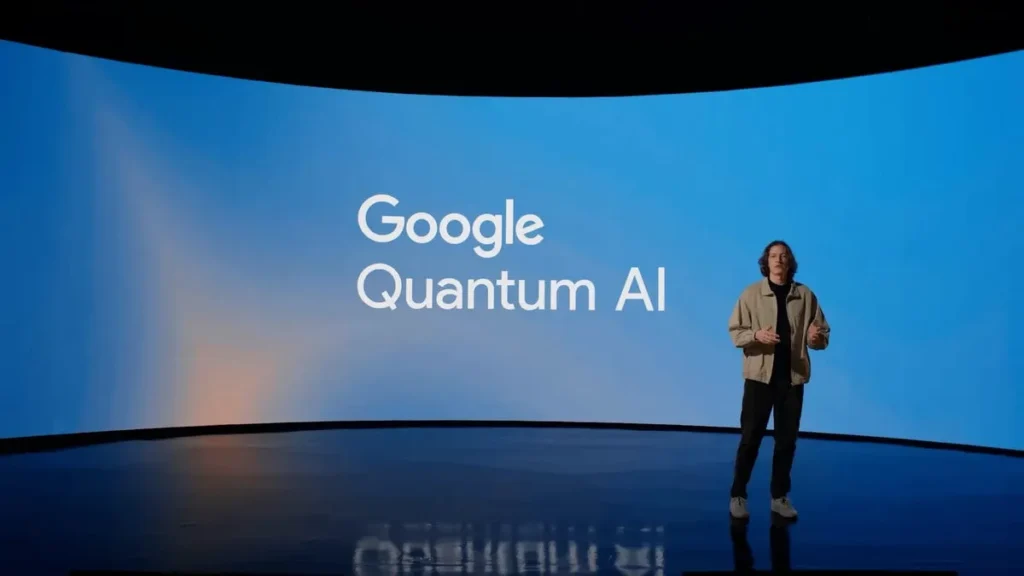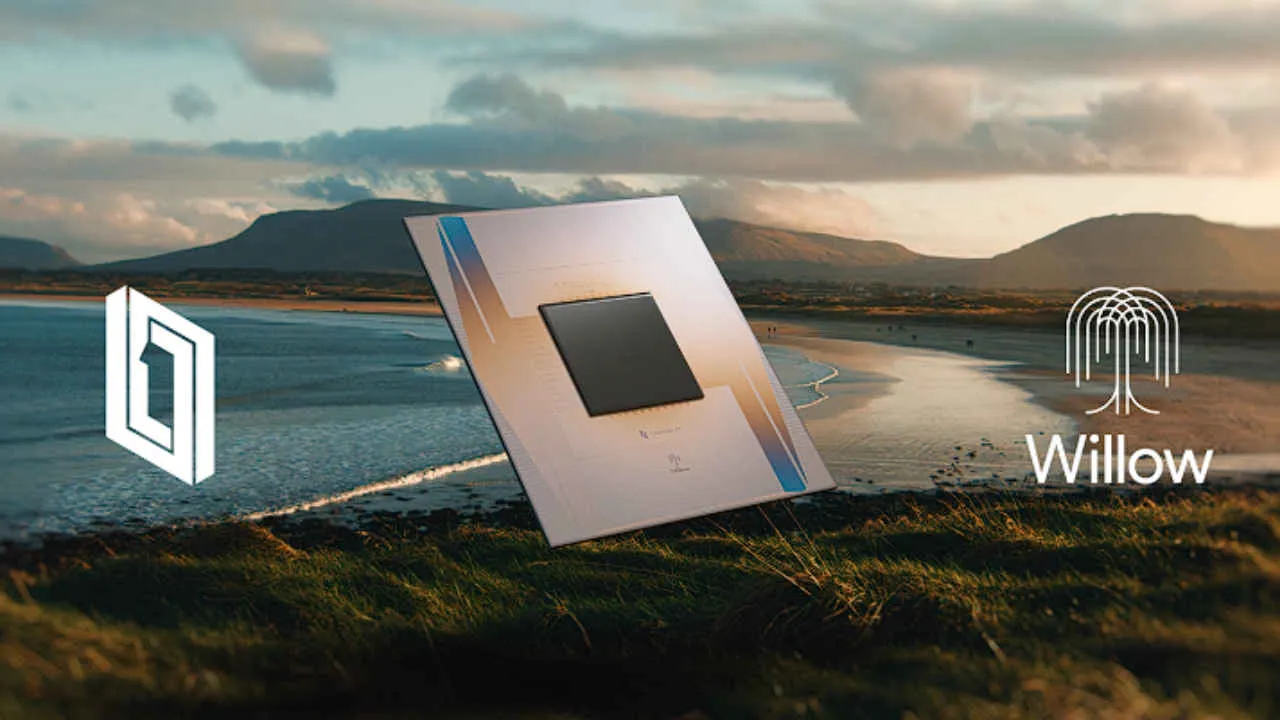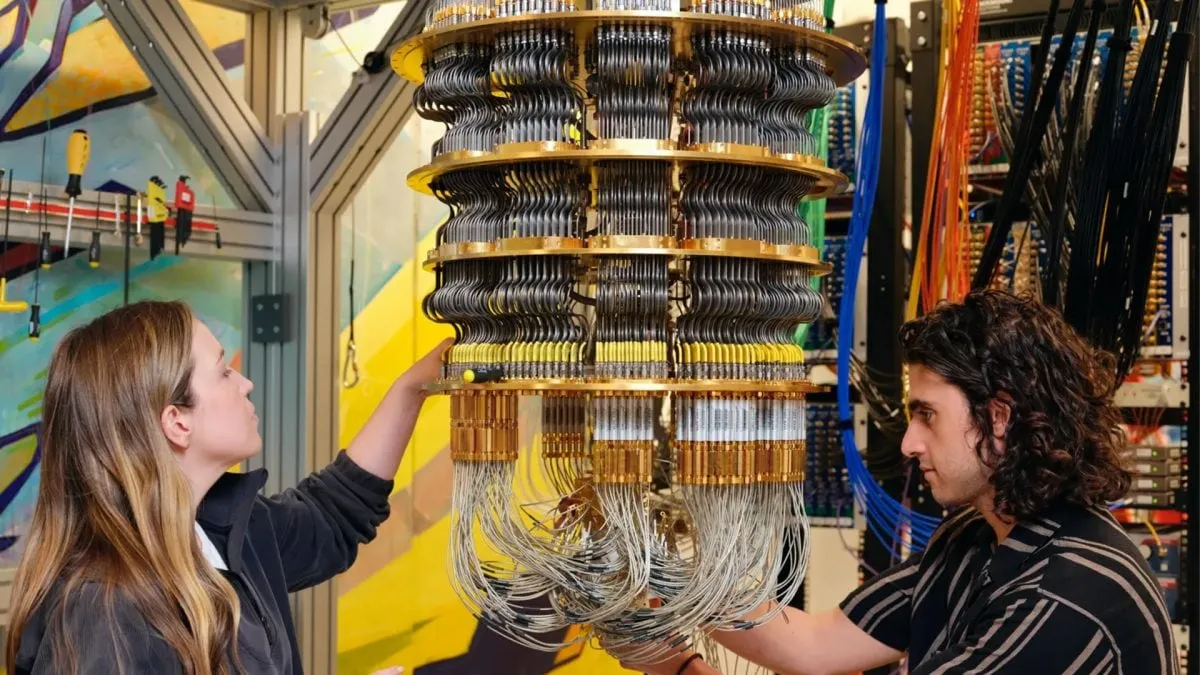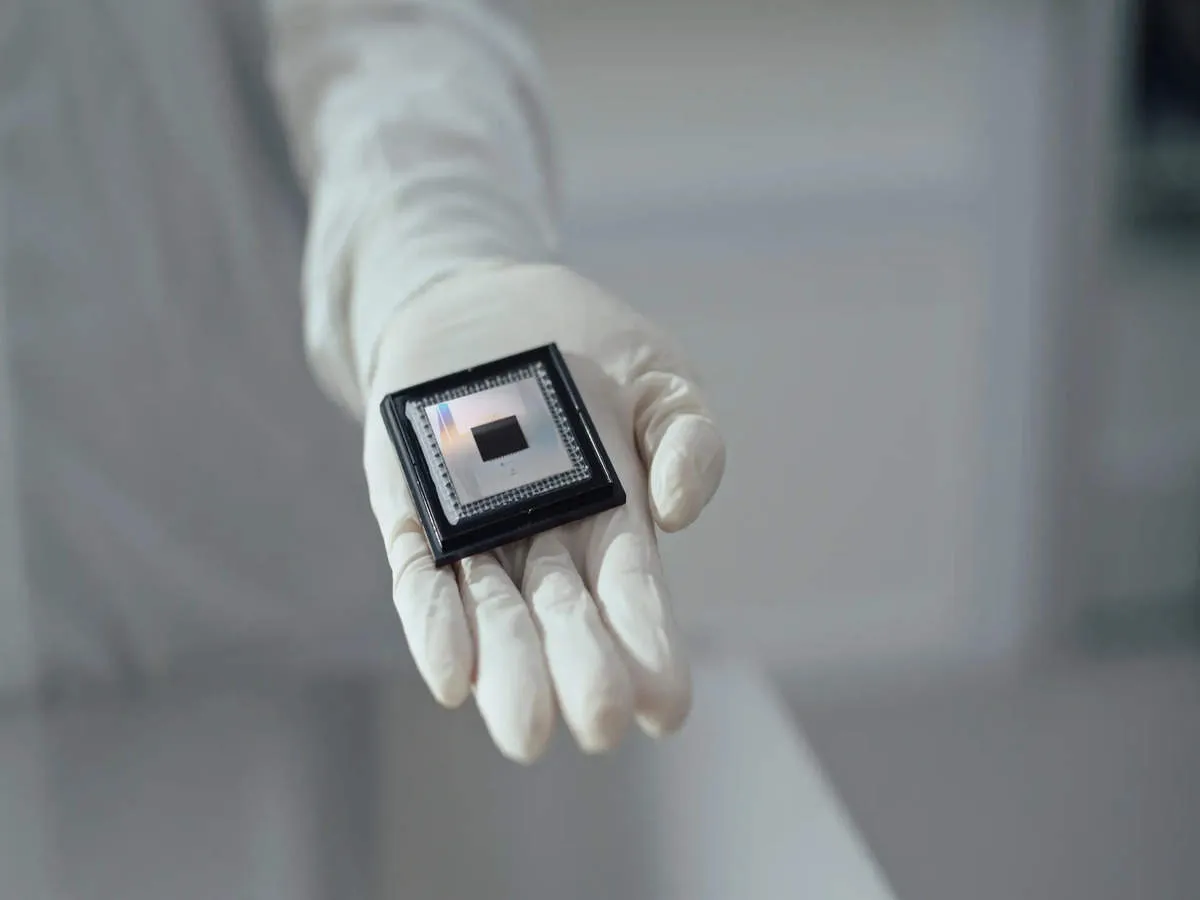
In an era defined by rapid technological advancements, Google has once again captured the world’s attention with a claim as bold as the technology behind it. According to Hartmut Neven, the founder of Google Quantum AI, their latest quantum computing marvel, the Willow chip, might just be proving the multiverse theory by potentially accessing parallel universes. This revelation comes from the performance of Willow on specific benchmarks, where it purportedly outshines the world’s leading supercomputers.

Quantum Computing: Bridging Realities?
Willow, a 100-qubit quantum chip, demonstrates capabilities that suggest a leap beyond our conventional understanding of physics and computing. The chip completed a computation in under five minutes—a task that, according to Neven, would take today’s fastest supercomputer more than 10 septillion years. Such a staggering figure not only challenges our comprehension but also reinforces theories that quantum computations may occur simultaneously across multiple universes.
This concept aligns with physicist David Deutsch’s multiverse hypothesis from his 1997 book, “The Fabric of Reality,” where he proposes that quantum calculations are performed concurrently in various universes. Google’s assertion that Willow’s computations might span across these parallel dimensions is nothing short of revolutionary, albeit met with a healthy dose of skepticism.
Skepticism Among the Scientific Community
Despite the groundbreaking nature of Google’s claim, the utility of Willow’s specific computation—producing a random distribution—has been criticized. Prominent German physicist and science communicator Sabine Hossenfelder points out that the result of Willow’s task holds no practical use as of now. It seems the purpose of selecting such a problem was more about demonstrating quantum superiority over conventional computers than about immediate applicability.

In 2019, Google made a similar claim of achieving “quantum supremacy” with a 50-qubit processor, stating it performed tasks impossible for classical computers. However, this claim was quickly contested by IBM, suggesting that the tasks could indeed be performed on classical systems, albeit slower.
The Future of Quantum Computing
Despite these controversies, Google is optimistic about the future scalability of quantum computing. Neven’s excitement is palpable as he describes Willow as “the most convincing prototype for a scalable logical qubit built to date.” This optimism points towards a future where quantum computers could become not just operational but genuinely useful for practical applications.
However, achieving this requires a significant scale-up in quantum bits—from the hundreds to about a million. While the current achievements in quantum computing are scientifically impressive, their real-world implications remain limited, a sentiment echoed by Hossenfelder.

Google’s exploration into quantum computing with Willow might seem like a step into science fiction, with its implications of parallel universes and multiverse theories. Yet, the skepticism from the scientific community serves as a grounding reminder of the challenges that lie ahead.
As quantum computing continues to develop, it remains to be seen whether these technologies will transform our understanding of the universe or merely add a fascinating footnote to the annals of scientific exploration. One thing is certain: Google’s journey through quantum landscapes is far from over, and the world will be watching closely.
